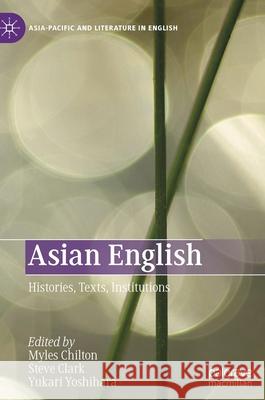Asian English: Histories, Texts, Institutions » książka
topmenu
Asian English: Histories, Texts, Institutions
ISBN-13: 9789811635120 / Angielski / Twarda / 2022 / 396 str.
Asian English: Histories, Texts, Institutions
ISBN-13: 9789811635120 / Angielski / Twarda / 2022 / 396 str.
cena 603,81
(netto: 575,06 VAT: 5%)
Najniższa cena z 30 dni: 539,74
(netto: 575,06 VAT: 5%)
Najniższa cena z 30 dni: 539,74
Termin realizacji zamówienia:
ok. 16-18 dni roboczych.
ok. 16-18 dni roboczych.
Darmowa dostawa!
Kategorie:
Kategorie BISAC:
Wydawca:
Palgrave MacMillan
Seria wydawnicza:
Język:
Angielski
ISBN-13:
9789811635120
Rok wydania:
2022
Wydanie:
2021
Numer serii:
000855696
Ilość stron:
396
Waga:
0.56 kg
Wymiary:
21.01 x 14.81 x 2.06
Oprawa:
Twarda
Wolumenów:
01
Dodatkowe informacje:
Wydanie ilustrowane











